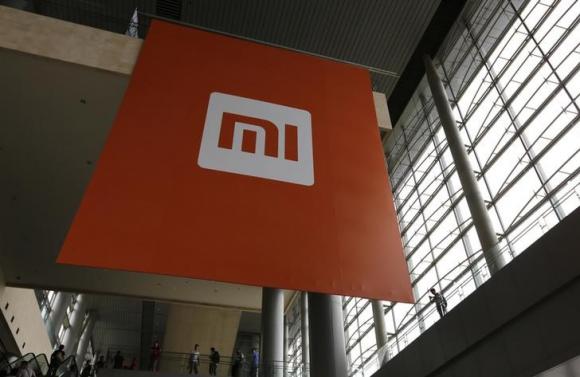 |
|
People stand near a logo of Xiaomi ahead of the launching ceremony of Xiaomi Phone 4, in Beijing, July 22, 2014. [Photo/Agencies] |
Chinese smartphone maker Xiaomi Inc said on Thursday it would invest further and begin local production within 12 to 18 months in India, one of the world's fastest-growing markets and currently dominated by Samsung Electronics and local firms like Micromax.
The five-year-old Chinese company, whose name means "little rice," entered the Indian market in July last year and its low-priced but feature-rich smartphones have proved a big hit, with sales of over a million phones within five months.
"We want to invest deeply in this market, we want to have a significant amount of research and development done here -- not only for India but the rest of the world," Hugo Barra, Xiaomi's vice president of international operations, said.
Xiaomi, already the fifth-largest phone company in the Indian market, is evaluating various locations to set up a manufacturing unit and is in talks with local partners and state governments, Barra said, adding that the process is likely to take at least a year.
Barra's comments highlight how important the India market is regarded by Xiaomi, valued at $45 billion after a December funding round, said Neil Shah, a Mumbai-based research director for devices at Counterpoint Research.
Barra did not say how much Xiaomi might be prepared to invest in India, its largest market outside China, but the company is looking to put money into start-ups and rolling out service centers.
"The fundamental point is we want to build deeply rooted Indian products because this is a hugely important market for us and there is nothing more powerful than being a local business," he said, adding that India could also serve as an export hub.
"We are looking at (serving) the domestic market to start with but as we expand into other markets, particularly other markets in South Asia, it could make sense to export," he said.
In December Swedish telecoms equipment firm Ericsson obtained a court order temporarily halting Xiaomi's shipments to India, claiming the Chinese company had not been paying royalties on its patents. The matter is pending in an Indian court.
However, speaking at the launch of its latest smartphone in India, Barra said it was "business as usual" for Xiaomi, which sold upwards of 60,000 phones a week last year.
The company, which sells its phones primarily through flash sales on online retailer Flipkart.com, also said it will open 100 stores in India this year to help consumers "experience" the company's devices, but will not sell them at these stores.
"They will have to go with physical distribution if they want to go beyond the urban consumers who are just buying online and the setting up of a local manufacturing facility would be a step in that direction," Shah said.
